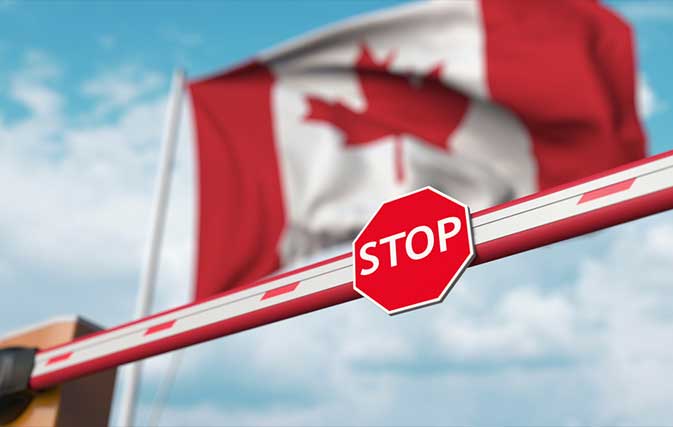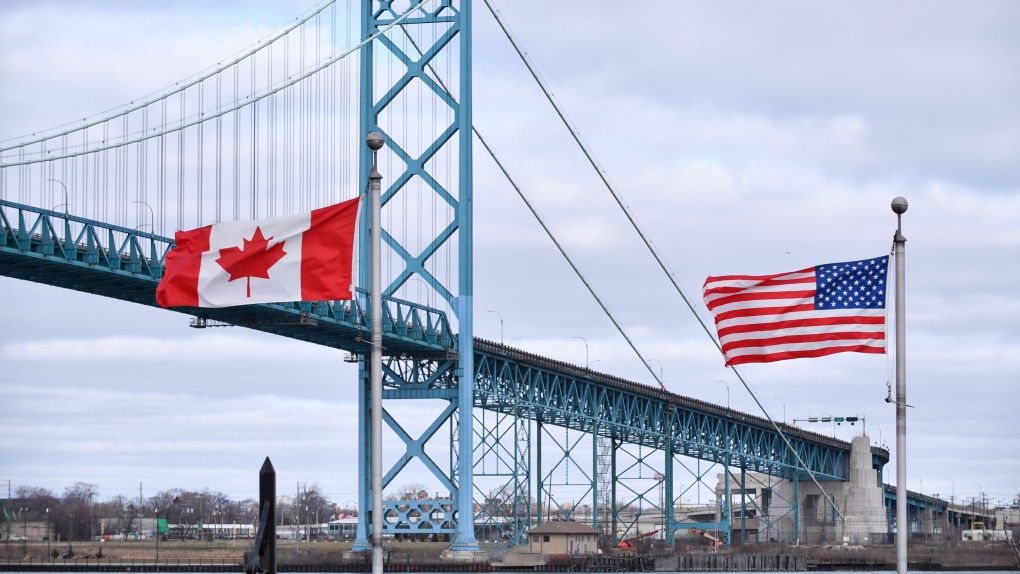Since mutually agreeing to close their shared land border on March 21, 2020 to help stop the spread of Covid-19, there have been several contradictory communications between Canada and the U.S. regarding the reopening of the border.
Canada-U.S. border restrictions
On October 19, 2020, Canada’s Public Safety Minister confirmed that the Canada-U.S. border will be closed to non-essential travel until November 21, 2020, meaning that only the following individuals will be allowed to enter Canada from the U.S. until then:
- Individuals with trade shipments through railways, truckers transporting essential goods and people crossing the border to carry out essential work
- Canadian citizens and Canadian permanent residents
- Immediate family members of Canadians including spouses, common law partners, children, parents or step-parents, legal guardians and tutors
- Extended family members of Canadians as long as they stay in the country for at least 15 days
- Individuals entering for compassionate reasons, such as for a funeral, to be present during the last moments of life for a loved one, or to provide medical support.
- Students enrolled in Designated Learning Institutions that have coronavirus-readiness plans in place

Canada and the U.S. clash on their messaging
Last month, President Donald Trump stated that Canada would like to open the border and that both countries “want to get back to normal business,” adding that they would be “opening the borders pretty soon” to benefit from the renegotiated NAFTA. On the other hand, Prime Minister Justin Trudeau recently noted that Canada intends to keep the border closed as long as the number of COVID-19 cases within the U.S. stay high. A spokesperson on behalf of the Canadian government also provided a noncommittal statement stating that the country will continue to assess the best public health information available to inform their decision on reopening the border and that the decision to do so would be made in Canada. In addition, despite the fact that the U.S. agreed to close its shared land border with Canada, it still permits Canadians to fly to the U.S. for leisure travel. On the other hand, the Canadian government is cautioning Canadians against flying to the U.S. and is not permitting Americans to enter for non-essential travel by any mode of transport unless they obtain a special exemption.
Conclusion
In consideration of the fact that the U.S. still has the highest overall number of COVID-19 cases across the globe, with over 8 million cases, it is very understandable that Canada wants to keep extending the border closure. However, it is clear that both countries need to work together to ensure consistent messaging so that Canadians and especially Americans are assured that their governments are prioritizing their health and safety as they lay the groundwork for the reopening of the border.
 Please refer to our LinkedIn page to get access to online webinars or articles posted on the most recent Canadian immigration updates. To discuss the details of your situation, please reach out to our office and we will gladly assist you.
Please refer to our LinkedIn page to get access to online webinars or articles posted on the most recent Canadian immigration updates. To discuss the details of your situation, please reach out to our office and we will gladly assist you.

